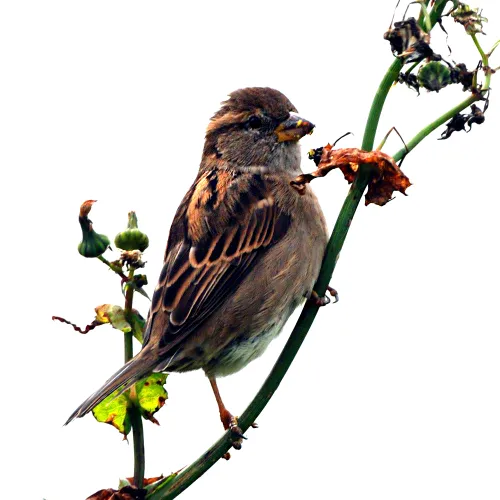
breeding birds services
Initial site assessment/ review of biological data/local bird data
Breeding bird surveys between late February/early march and early august – generally 6 visits.
Breeding bird report/mitigation strategy/ongoing monitoring
Detailed Assessments and Reports to Support Planning Applications

Legislation
The Wildlife and Countryside Act 1981 safeguards all birds, nests, and eggs, making it illegal, barring specific exceptions, to harm birds or disturb their nests and eggs. Particularly, Schedule 1 of this act offers heightened protections for certain birds, making it illegal to bother them during nesting or around their young.
The Natural Environment and Rural Communities (NERC) Act 2006's Section 41 highlights species crucial for biodiversity conservation in England. The RSPB 2015 report classifies UK birds based on conservation urgency into green, amber, or red categories. Likewise, The Environment (Wales) Act 2016's Section 7 identifies species vital for Welsh biodiversity.
Habitat
Woodland, hedgerows, barns/buildings, ponds or grassland.
survey
The UK is home to numerous bird species of both international and national significance. Of these, 67 are categorised as "red-listed" on the Birds of Conservation Concern (BOCC) roster. Notably, 49 of these species are highlighted as "of principal importance" under Section 41 of the Natural Environment and Rural Communities Act 2006 for biodiversity conservation.
For expansive areas or those possessing unique bird habitats, breeding bird surveys may be essential. Their purpose is to ascertain the presence of uncommon avian species and identify critical habitat features. The information gathered aids in implementing tailored conservation measures. Typically, a breeding bird survey consists of multiple early-morning visits in the spring, the prime time to spot the majority of breeding bird species.
survey timings
Most UK birds breed between February and August, with many starting in March or April. A thorough breeding bird assessment often involves multiple visits from April to early July, with timing adjusted for species specifics and survey objectivesContact Us
For more information on Breeding Birds Survey, or to discuss a specific project, contact our office on 0845 463 4404.